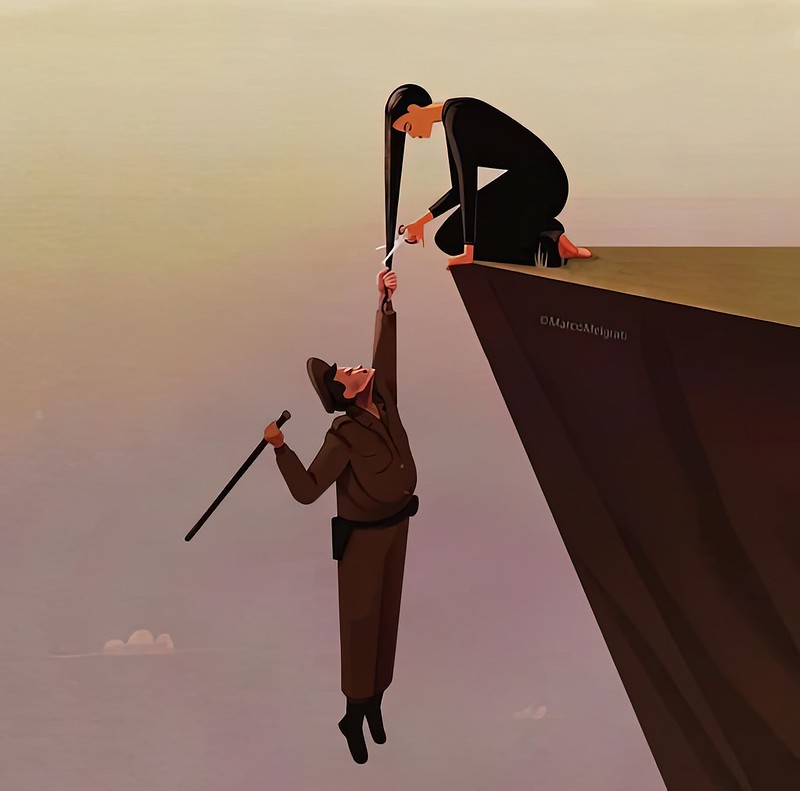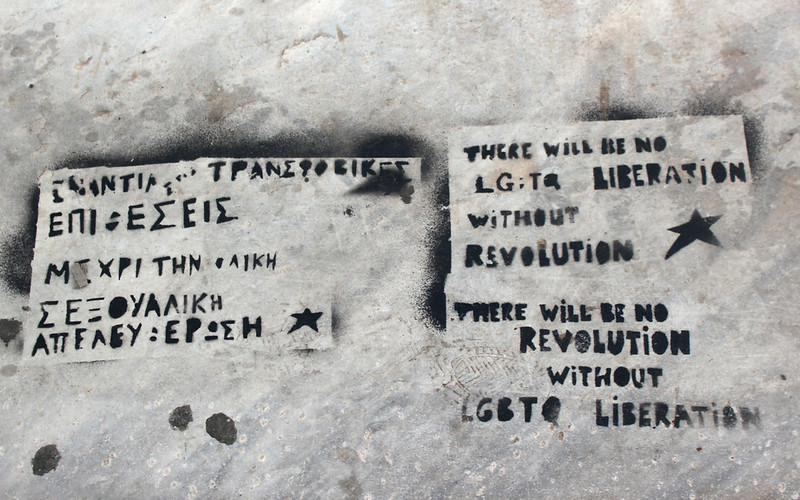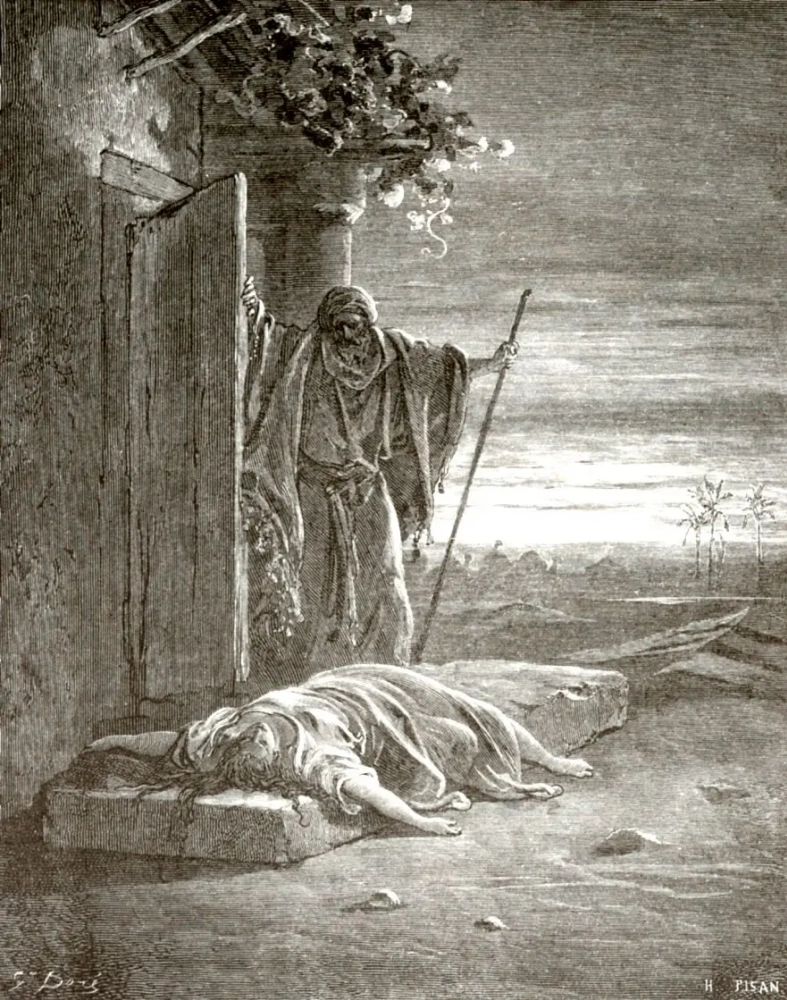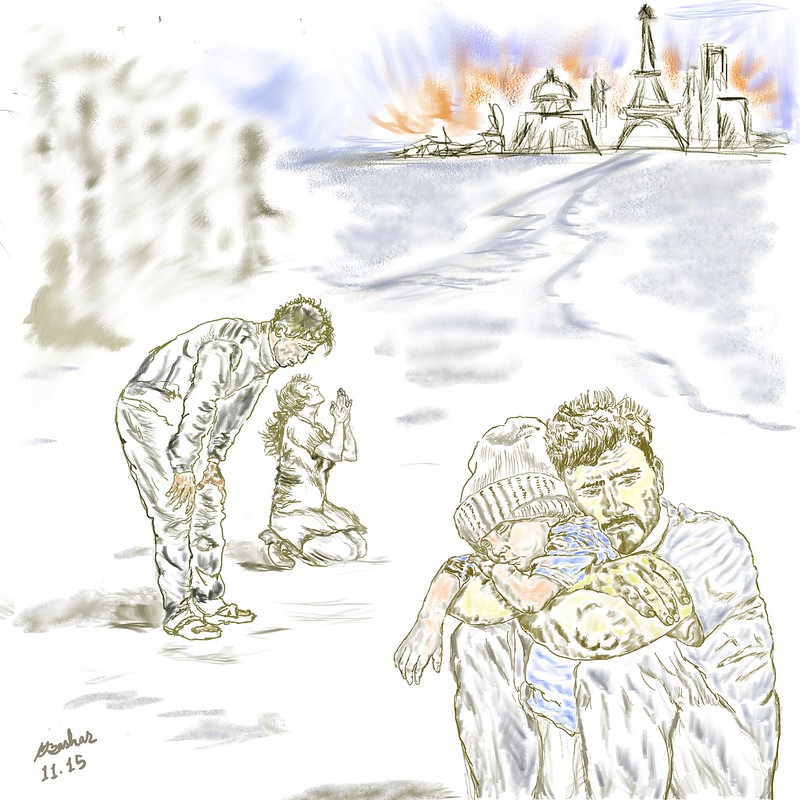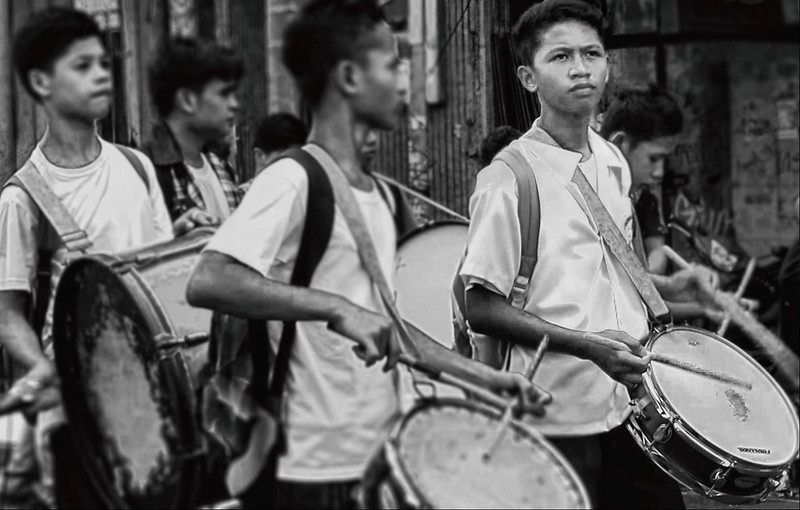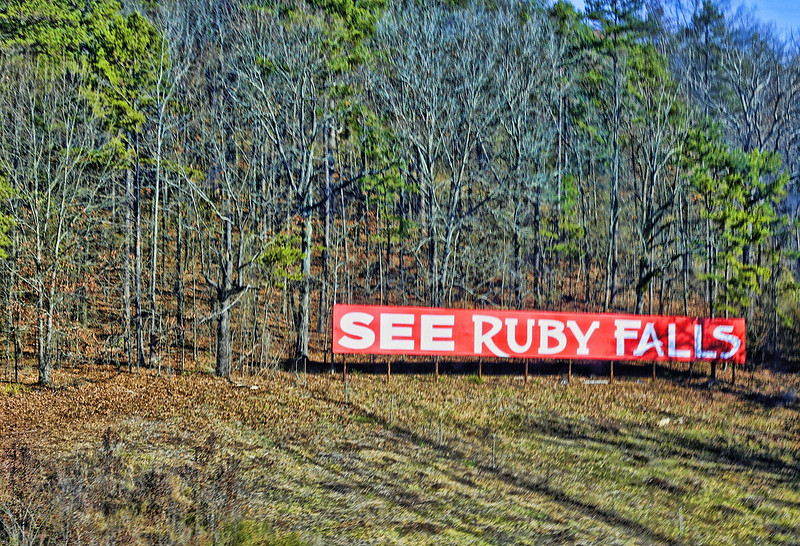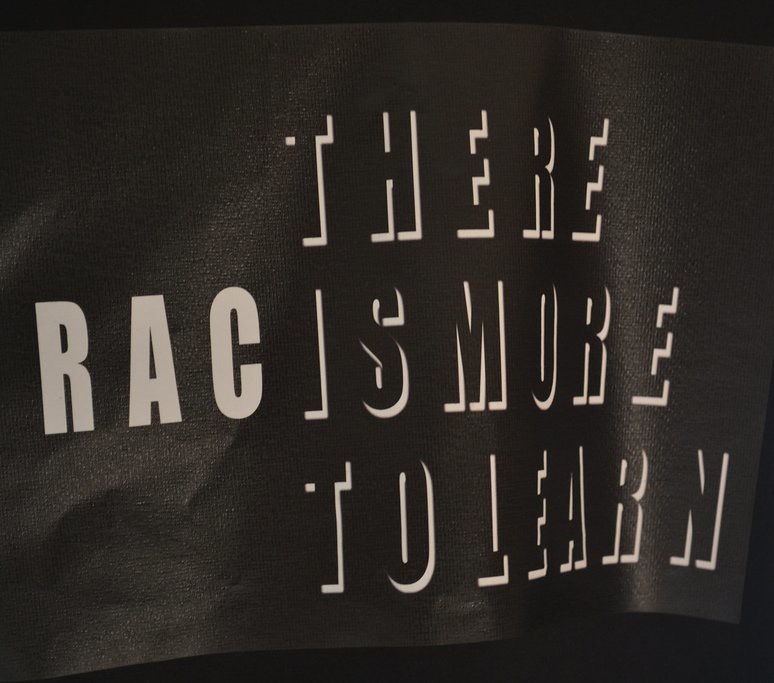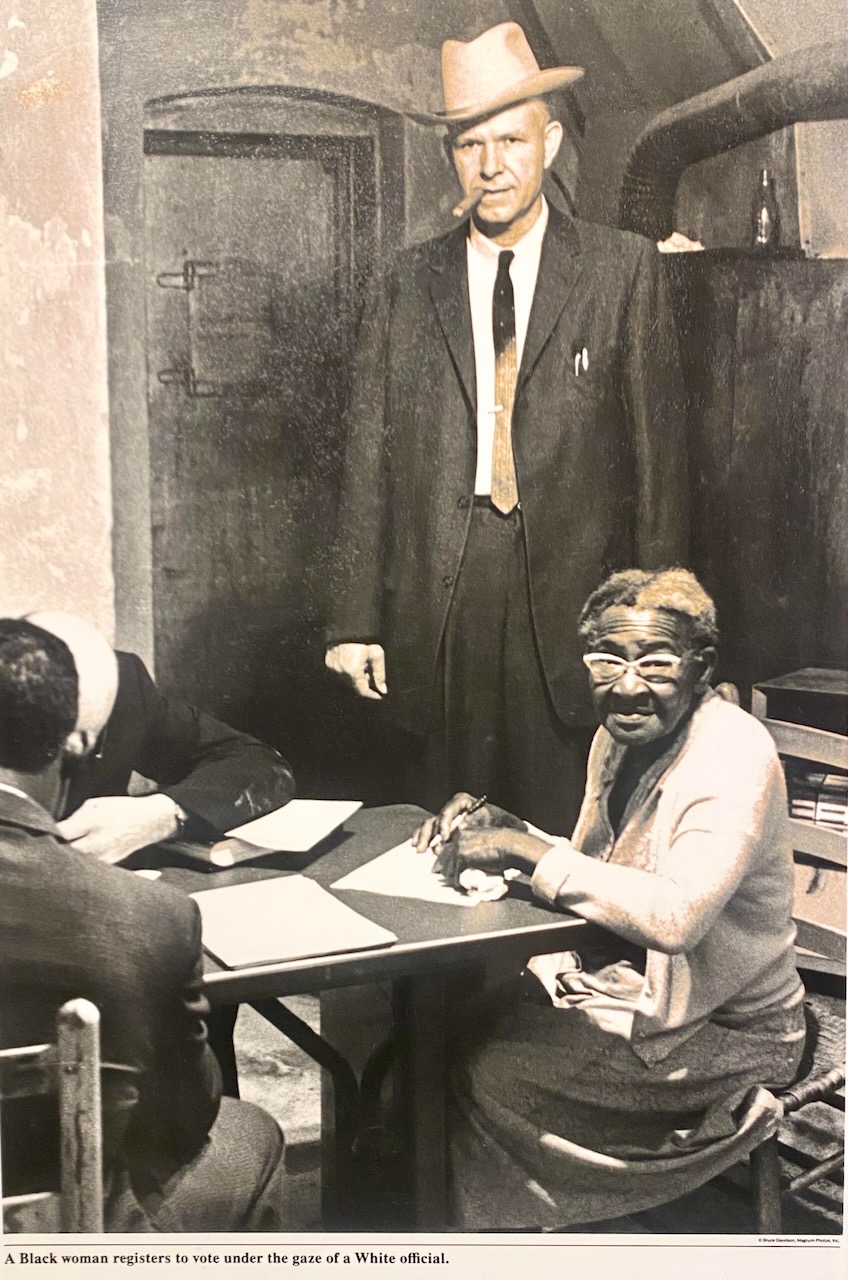Two Poems
[fusion_builder_container hundred_percent=”no” hundred_percent_height=”no” hundred_percent_height_scroll=”no” hundred_percent_height_center_content=”yes” equal_height_columns=”no” menu_anchor=”” hide_on_mobile=”small-visibility,medium-visibility,large-visibility” class=”” id=”” background_color=”” background_image=”” background_position=”center center” background_repeat=”no-repeat” fade=”no” background_parallax=”none” enable_mobile=”no” parallax_speed=”0.3″ video_mp4=”” video_webm=”” video_ogv=”” video_url=”” video_aspect_ratio=”16:9″ video_loop=”yes” video_mute=”yes” video_preview_image=”” border_size=”” border_color=”” border_style=”solid” margin_top=”” margin_bottom=”” padding_top=”” padding_right=”” padding_bottom=”” padding_left=””][fusion_builder_row][fusion_builder_column type=”1_1″ layout=”1_1″ spacing=”” center_content=”no” link=”” target=”_self” min_height=”” hide_on_mobile=”small-visibility,medium-visibility,large-visibility” class=”” id=”” background_color=”” background_image=”” background_position=”left top” background_repeat=”no-repeat” hover_type=”none” border_size=”0″ border_color=”” border_style=”solid” border_position=”all” padding=”” dimension_margin=”” animation_type=”” animation_direction=”left” animation_speed=”0.3″ animation_offset=”” last=”no”][fusion_text]
By Camille Lebel
[/fusion_text][/fusion_builder_column][/fusion_builder_row][/fusion_builder_container][fusion_builder_container hundred_percent=”no” hundred_percent_height=”no” hundred_percent_height_scroll=”no” hundred_percent_height_center_content=”yes” equal_height_columns=”no” menu_anchor=”” hide_on_mobile=”small-visibility,medium-visibility,large-visibility” class=”” id=”” background_color=”” background_image=”” background_position=”center center” background_repeat=”no-repeat” fade=”no” background_parallax=”none” enable_mobile=”no” parallax_speed=”0.3″ video_mp4=”” video_webm=”” video_ogv=”” video_url=”” video_aspect_ratio=”16:9″ video_loop=”yes” video_mute=”yes” video_preview_image=”” border_size=”” border_color=”” border_style=”solid” margin_top=”” margin_bottom=”” padding_top=”” padding_right=”” padding_bottom=”” padding_left=””][fusion_builder_row][fusion_builder_column type=”1_1″ layout=”1_2″ spacing=”” center_content=”no” link=”” target=”_self” min_height=”” hide_on_mobile=”small-visibility,medium-visibility,large-visibility” class=”” id=”” background_color=”” background_image=”” background_position=”left top” background_repeat=”no-repeat” hover_type=”none” border_size=”0″ border_color=”” border_style=”solid” border_position=”all” padding=”” dimension_margin=”” animation_type=”” animation_direction=”left” animation_speed=”0.3″ animation_offset=”” last=”no”][fusion_text]The First Time, Reclaimed
I choose
the boy who calls every night to discuss a million nothings, our voices hushing
when my mother picks up the line. Sitting behind me in history, watching footage
of the earth imploding, his finger traces the one-inch ribbon of skin exposed
between low-rise denim and a too-tight tee. That one feather touch infusing
recognition of the word, want.
Free
we stitch trust together with running words. We reject awkward Applebee’s dinners, school dances, roaring football games. We find ourselves on sun-soaked park benches, breathing being. We do not perform piety at Sunday morning services, seeking parental approval. From one another, we require no promises of forever to embrace the now.
Shameless
we make informed preparations. We walk the fluorescent-lit aisles of the corner pharmacy,
no repentant red-cheeked glow burning our faces. He asks for explicit consent again.
And again. The night I soak sorrows in Absolut oblivion is not the time. He knows
a lack of protest is not an invitation. Yes. is not always yes.
Vulnerable
when the time comes, we pretend no prowess. We ask questions and listen to answers.
Entwined fingers move together into uncertainty. We explore with intention the paths between flesh and bone. We laugh at frequent fumbles. Eyes bright, he looks at all I am.
I name my needs without hesitation. Less. More. No. Yes.
Gentle
is the joining. Not two falcons spiraling toward the earth, all adrenaline in panicked plummet.
More clematis exploring the garden arbor until deep violet abounds, boards and blooms reaching skyward to the sun. More steady drip of the leaky kitchen faucet. Soft beads
falling patient, steady, until the sink overflows.
Empowered
I have no regrets. My worth is neither the presence or absence of this. I do not pray
for absolution. No aching knots choking my throat. My soul remains snow-pure. Intact.
Content, I turn into the man still beside me, and we sleep. The following day, he remembers
to speak to me.

Vocabulary Lessons
My son renounces simple language.
Pleading for syllables, his toddler tongue fumbles; focused persistence finding purchase
between jaws, biting into hard consonants with pearly milk-teeth.
He is ravenous for vowels rolling soft across his lips. Furious to be denied another
sweet. Dismayed at skinned flesh of a knee fresh-scraped across pavement.
Twinkling stars? Luminescent. Tiny fingers tying shoes? Infuriated. Plastic dinosaurs
make way for ichthyosaurus, velociraptor, paleontologist: his future endeavors.
I revel in sharing the sweetest delicacies: compassion, community, restoration, justice.
But his palate must abide bitter pills and unsavory days; already
he learns to name villains: avarice, prejudice, ignorance, exclusion. Dropping
succulent words into his open mouth, I offer phonemic morsels on a platter
praying they become blades to chisel hard hearts, transform myopic visions, demolish
fear with a clear, crisp voice speaking life abundant.
[/fusion_text][/fusion_builder_column][fusion_builder_column type=”1_2″ layout=”1_2″ spacing=”” center_content=”no” link=”” target=”_self” min_height=”” hide_on_mobile=”small-visibility,medium-visibility,large-visibility” class=”” id=”” background_color=”” background_image=”” background_position=”left top” background_repeat=”no-repeat” hover_type=”none” border_size=”0″ border_color=”” border_style=”solid” border_position=”all” padding=”” dimension_margin=”” animation_type=”” animation_direction=”left” animation_speed=”0.3″ animation_offset=”” last=”no”][/fusion_builder_column][/fusion_builder_row][/fusion_builder_container][fusion_builder_container hundred_percent=”no” equal_height_columns=”no” menu_anchor=”” hide_on_mobile=”small-visibility,medium-visibility,large-visibility” class=”” id=”” background_color=”” background_image=”” background_position=”center center” background_repeat=”no-repeat” fade=”no” background_parallax=”none” parallax_speed=”0.3″ video_mp4=”” video_webm=”” video_ogv=”” video_url=”” video_aspect_ratio=”16:9″ video_loop=”yes” video_mute=”yes” overlay_color=”” video_preview_image=”” border_size=”” border_color=”” border_style=”solid” padding_top=”” padding_bottom=”” padding_left=”” padding_right=””][fusion_builder_row][fusion_builder_column type=”1_1″ layout=”1_1″ background_position=”left top” background_color=”” border_size=”” border_color=”” border_style=”solid” border_position=”all” spacing=”yes” background_image=”” background_repeat=”no-repeat” padding=”” margin_top=”0px” margin_bottom=”0px” class=”” id=”” animation_type=”” animation_speed=”0.3″ animation_direction=”left” hide_on_mobile=”small-visibility,medium-visibility,large-visibility” center_content=”no” last=”no” min_height=”” hover_type=”none” link=””][fusion_text]
Camille Lebel, educator and mother to seven, lives on a small hobby farm outside of Memphis. She’s published or forthcoming in Hidden Peak Press, Rogue Agent Journal, Literary Mama, Sledgehammer Lit, Black Fox Literary Magazine, ONE ART, Inkwell, and more. She enjoys traveling, horse-whispering, and eating dessert first. She largely writes in the school car-line as a way to process special needs parenting, child loss, and religious trauma. You can find her on Instagram @clebelwords.
Photo credit: “Clematis.” by Free the Image via a Creative Commons license.
A note from Writers Resist
Thank you for reading! If you appreciate creative resistance and would like to support it, you can make a small, medium or large donation to Writers Resist from our Give a Sawbuck page.
[/fusion_text][/fusion_builder_column][/fusion_builder_row][/fusion_builder_container]







